Republican state legislatures pass voter suppression laws
Creative Commons Unsplash: photo by Joshua Woroniecki
Seventeen Republican-controlled state legislatures pass laws that further limit their constituents’ ability to vote in upcoming elections. Supporters say that it will increase voter confidence in our elections, while social activists say that it is an attempt to suppress minority voters.
October 13, 2021
After the 2020 presidential election, 17 Republican-controlled state legislatures have passed laws that further limited their constituents’ ability to vote in upcoming elections. Republican supporters of the bill state that upholding voter integrity and confidence in our elections is the primary goal of such bills. Democrats and social activists say that the laws specifically target minorities’ constitutional rights to vote as they seem to specifically affect minority voting institutions and discourage minority voter turnout.
The “Big Lie”
The former president and his allies have propagated the “Big Lie” that the election was stolen from him when he lost his reelection bid to Joe Biden. Trump and his allies have claimed, among other things, that Dominion Voting Systems was influenced to change votes from Trump to Biden by Venezuela, that millions of dead people illegally voted and that millions of uncertified mail-in ballots for Biden were suddenly counted in battleground states after election night.
Because of the “Big Lie”, many Republicans, including junior Eric Jurek, Young Republicans President, believes that very strange things that went on during the 2020 election. Supporters of the bill believe that the voter restriction bills will ensure secure, fraud-free elections and increase confidence in our election systems.
However, despite all the allegations, then-attorney general Bill Barr and the Department of Justice found no evidence of widespread voter fraud. The Department of Homeland Security’s Cybersecurity and Infrastructure found no evidence of compromised voting systems. The Trump campaign brought 61 cases of voter fraud to court and in 60 of them, they were unable to prove any voter fraud. Audits and recounts of ballots requested by the Trump campaign validated the original number of ballots cast. Regarding the millions of mail-in ballots for Biden counted after election night, it does not indicate mass voter fraud. Because Democrats voted by mail in much larger numbers than Republicans and the process of verifying of mail-in ballots takes longer, it is simply a description of the reality of how mail-in ballots are certified and counted.
If there is no proof of widespread voter fraud, then it seems that the argument of reducing widespread voter fraud via voter restriction laws seem baseless and unwarranted. Critics from both sides of the political spectrum have stated that the only consequences of propagating the “Big Lie” and voter restriction laws is unnecessary and unfounded public distrust in the country’s core democratic institutions.
“I agree with voter integrity. However, you have to let the numbers dictate the conversation,” Matt Kierdrowski, AP U.S. history teacher, explained. “And that’s where I think it becomes pretty obvious that there doesn’t necessarily need to be laws because voter integrity is intact.”
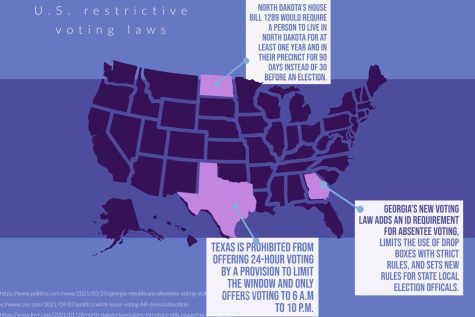
Voter Suppression
Considering that voter integrity is intact, the only other reason why Republicans would want to pass voter restriction laws is to suppress and discourage voters. The new wave of voter suppression laws have been received by many saying that such laws are a strategic tactic to suppress and discourage minority voters who tend to vote Democratic.
Jim Crow Laws
Many have compared the new voter laws to the Jim Crow laws. Jim Crow laws were essentially legal ways to put Black citizens into indentured servitude, take their voting rights away, and control where they lived and traveled.
There were three key ways that Jim Crow laws limited Blacks from exercising their constitutional right to vote: Literacy tests, poll taxes and all-White primaries. Literacy tests were particularly effective. In 1880, illiteracy rates of Blacks was 55% higher than that of Whites. Furthermore, voting clerks, who were always white, had the ability to pass or fail a person based on race.
They persisted until 1968 with the passage of the Civil Rights Act of 1964 and the Voting Rights Act of 1965. The Civil Rights Act outlawed discrimination based on race, color, religion, sex or natural origin in employment, public accommodation and voting registration.
Modern Day Racial Suppression
Despite such laws making it illegal to discriminate at the ballot box based on race, certain provisions in voter suppression bills seem to specifically target young people and minority communities.
The provisions regarding early voting in some states cuts early voting on Sundays, which according to Eliza Swern-Beckner, a voting rights and elections counselor at the Brennan Center, say that “the policy in in the Texas bill that banned earl voting hours during the Sunday before the Election Day, which very clearly targets Souls to the Polls efforts that are clearly organized by Black Churches.”
Other provisions similarly target minority communities. Provisions in the Georgia’s laws regarding drop-off ballot boxes reduced the number boxes from 94 to 23 in Fulton, Cobb, DeKalb and Gwinnett. Such counties have high concentrations of Black communities and were most certainly affect minorities and young people who used mail-in ballots in large numbers in 2020. Reduced hours at polling places while similarly affect counties with large minority populations.
Enacting voter ID laws also have discriminatory affects on young and minorities. Nationally, only 5% of whites lack acceptable photo ID’s that would allow them to cast a ballot while 13% of Blacks, 10% of Hispanics, and 11% of 21-24 year olds lack acceptable photo ID’s. In North Dakota, residents are required to present verification of a current residential address that cannot be a P.O. box. This essentially excludes thousands of Native Americans who live on rural reservations that are rarely assigned residential addresses.
Perhaps the most egregious voter suppression provision can be found in Georgia’s bill. As cultural liaison Cornelius Rish explained, “It’s just simple restrictions such as access. You can’t give water or food to somebody standing in line. We all know that in northeastern communities (in Georgia), because of the lack of polling places, which is strategic right, there has been long lines. Some lines are two, three, four hours long in order to vote. So somebody saying that it is illegal to give somebody water or food, somebody now has to wade for hours in line with no provisions. Who’s going to do that?”
Responses to Voter Suppression Laws
Many Democrats and social activists fear that many citizens’ constitutional right to vote is under strategic attack by Republicans. Young people and minorities tend to vote Democratic, which also adds to the suspicion that the laws are strategically crafted to suppress voters. Many members of the minority community, particularly Blacks, feel like they are once again the target of racial discrimination.
When asked about how he felt about voter suppression as a Black man in America, Rish said, “It’s frustrating and disheartening. And from a historical standpoint, it’s, you kind of feel like, regardless of what you do to move this country forward, people keep saying ‘trust the system’. There’s always going to be people there to prevent progress. There’s always going to be people there to hinder your success, hinder your power and use your voice for their own benefit. One of the things that I always wondered: by giving equal access and equal opportunity to vote for legitimate U.S. citizens, what are you scared of? If you have better idea, if you have better policies, if you have better procedures, if you’re really helping folks, then people will vote for you and you shouldn’t be scared. So obviously, your ideas, your policies, your procedures must not be for the people if you have to go through these types of measures in order to keep up.”
What We as a Country can do
Activists have already utilized court litigation and federal voting reform campaigns in response. National Democrats intend to pass the For the People Act and the John Lewis Voting Rights Act in response to these voter suppression laws. The House already passed its version of the For the People Act which expands voter access. If both bills pass in the Senate, it would provide a federal threshold for voting access across all states.
The constitutional right to safe, secure and easy access to voting for everybody is something that everybody, regardless of political affiliation, should be passionate about upholding. Congress must pass the For the People Act and the John Lewis Voting Rights Act if the institution of free and fair elections is to remain accessible to everybody in the coming years. If not, many people will not be able to voice their opinions at the ballot box and that would threaten our democracy to its core.
“The right to vote is fundamental to all of our rights, but today we are seeing efforts to roll back voting rights across the country,” Minnesota senator Amy Klobuchar said. “We need to respond to these threats to our democracy head on by setting basic national standards to make sure all Americans can cast their ballots in the way that works best for them, regardless of what zip code they live in.”


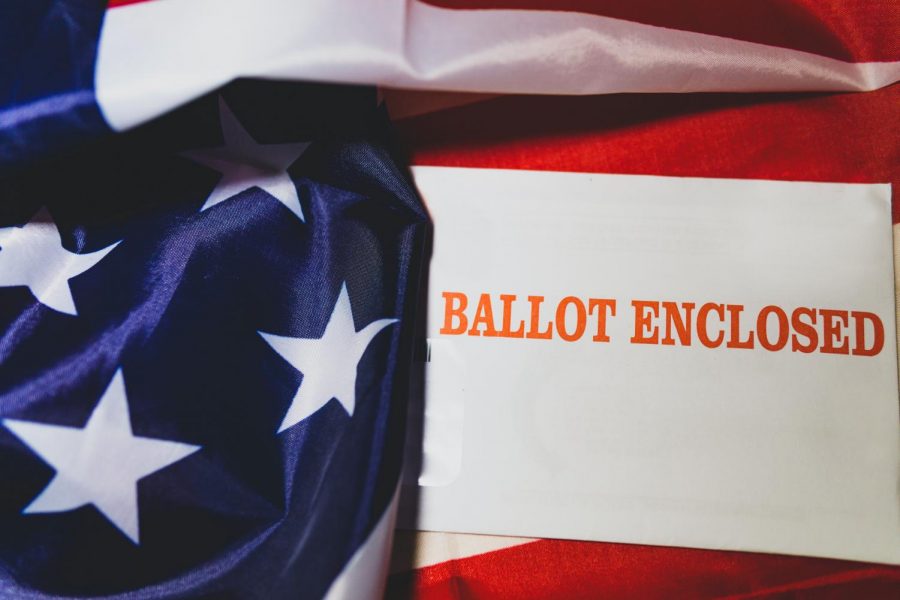
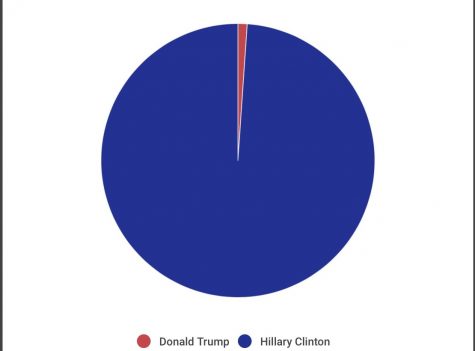
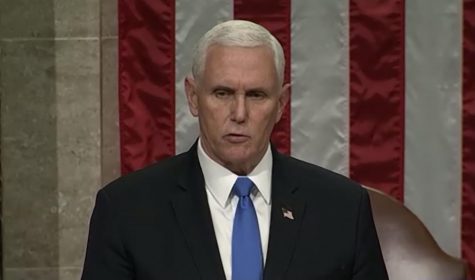
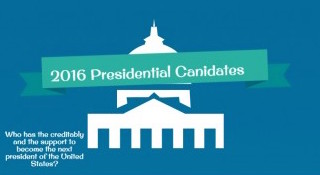
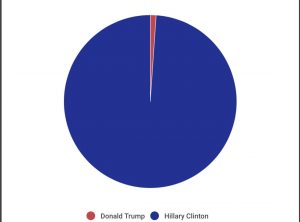

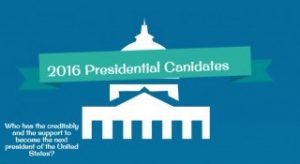
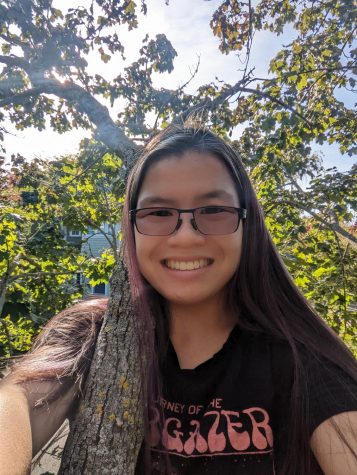
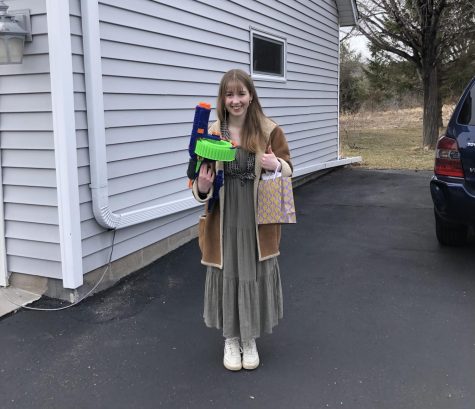

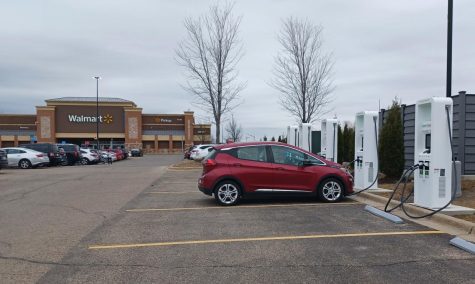
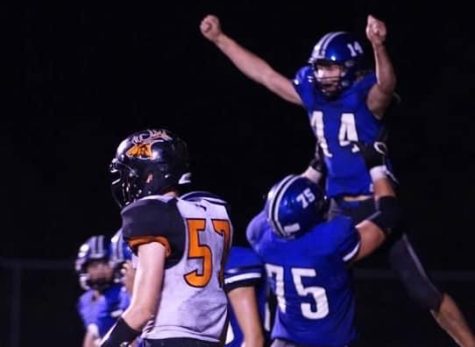
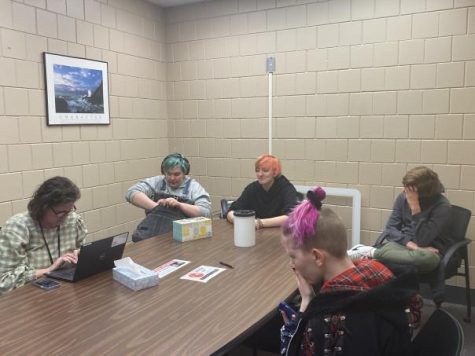
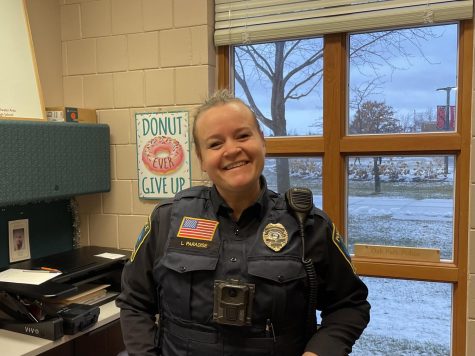

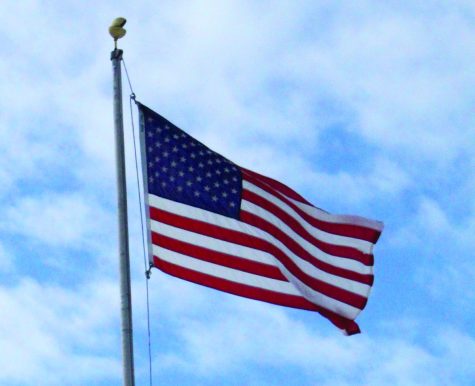
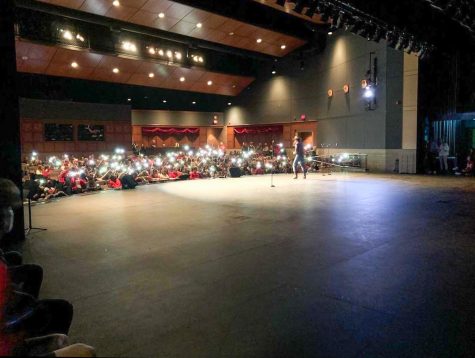
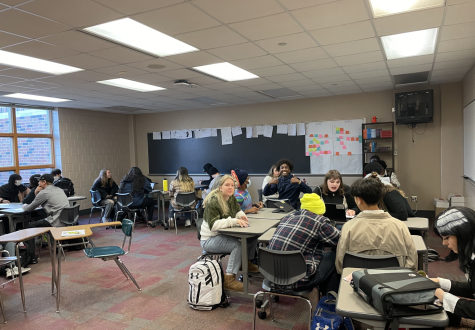
Sophia Arndt • Nov 8, 2021 at 6:14 pm
Sub-headers kept the article organized and greatly helped with the articles flow. Good choice of interviews, representing both expert and students views. The historical context greatly helped with the strength of the article. Amazing first article!
Mikai Tasch • Oct 18, 2021 at 7:34 pm
I thought your article was very compelling to read. It is always great to see how people feel about topics, but I think you did a phenomenal job of stating your opinion, using informative quotes, and packing many facts in. Nice job Jazzy!
Shannon Pothen • Oct 14, 2021 at 3:20 pm
I think that this is a very informative and information pact article. But you put it in to words that makes it easily understandable. I like the use of sub-headers to organize your content. I like that you had a variety of sources and people that you talked to. I like that you shared your opinion in a factual way. The background information about the subject that you gave before jumping into the main point of the article was something that I liked. I think you set up the article in a clear order that makes sense.